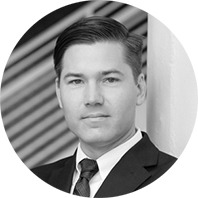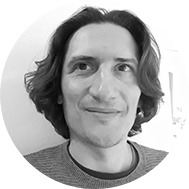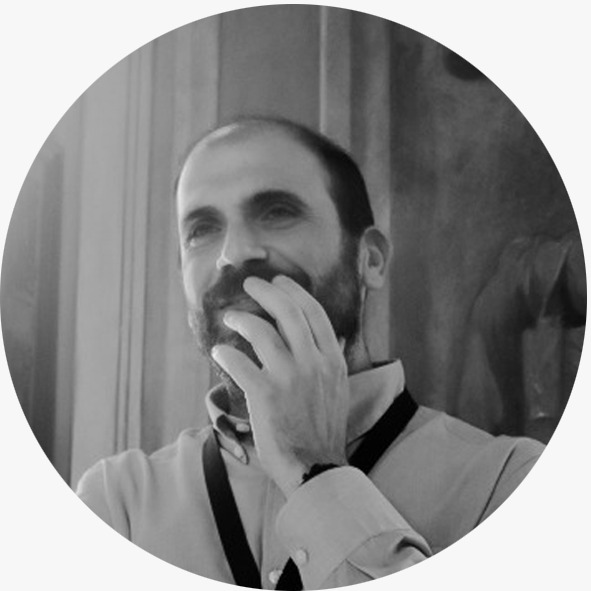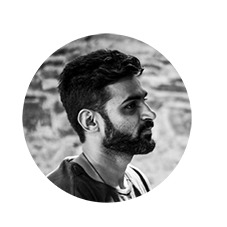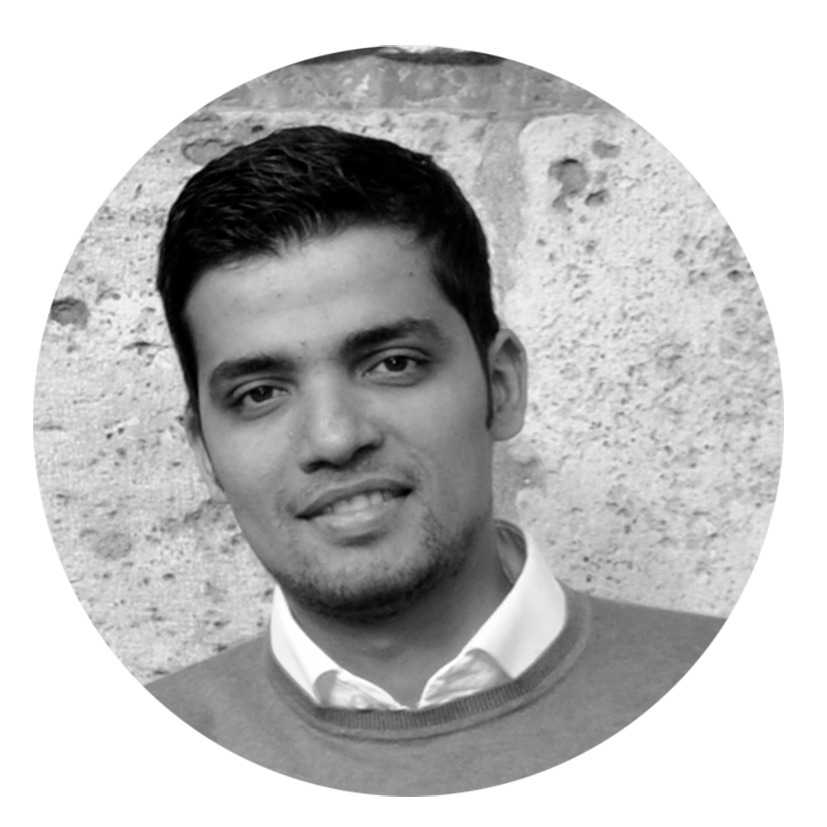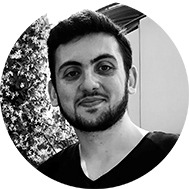Registration deadline is 16th of April 2020

Program
The master program is based on advanced computational approach that enables designers and architects to overcome the imposition of prefixed architectural forms in order to enhance performance-driven design. Intensive lectures and tutorials on parametric design simulation, generative algorithms, form finding, analyzing, optimization, intelligent facades and digital fabrication prototyping, all integrated together in six main modules followed by internship and final application for each student.
Module 01: Digital Modeling and Parametric Design
From 5 to 30 October 2020___ (100 hours – 8CR)
In the beginning of the school, digital and parametric modelling will be introduced to build the necessary skills of parametric generative form methods to students. Students will focus on the idea of creating algorithmic architectural form driven by initial parameters and inspired by nature. This module will be supported by a series of lectures and tutorials.
Module 02: Advanced Parametric Modeling and Visual Programing
From 2 to 27 November 2020___ (100 hours – 8CR)
During this module, advanced algorithms on parametric modelling will be provided with focus on form finding techniques, visualizations, and parametric scripting. In order to build advanced skills of problem solving using programing to students. Students will focus on the idea of parametric design optimization.
Module 03: Intelligent Design and Kinetic Systems
From 30 November to 23 December 2020___ (100 hours – 8CR)
Intelligent facades and application of kinetic systems will be the focus of this module. Students will learn how architecture can transform itself in response to the constant change of surrounding environment and human actions. Intensive tutorials will be provided with an overview of building science and mechanical control techniques to support kinetic performance. Students will work with Arduino, algorithms and sensors able to recognize and respond to human attitudes and environmental adaptation. Students will engage digital virtual world with real environment in their final the application. They will understand factors relationships, involving environmental and human sensors, and optimizing their projects solutions in smart and inelegance way.
Module 04: Digital fabrication and Structural Optimization
From 11 January to 5 February 2021___ (100 hours – 8CR)
It is an experimental laboratory in which Digital fabrication for Architectural physical models are prepared, tested and fabricated in technical support way. Students will develop novel solutions, creative architectural forms design and fabrication upon learning intensively the parametric fabrication systems. Tutorials on varies fabrication software will be provided in order to design and fabricate their own prototypes.
Module 05: Selective Topics of Design Optimization
From 8 February to 12 March 2021___ (140 hours – 12CR)
In this module, student should choose one topic under the theme of parametric design optimization such as (kinetic, structural, environmental ...etc.) As a final topic of his/her final M.ARCH application project. By self-learning supported with supervision of professors, students will start his/her own application, testing and finalizing the project. He will be free to choose the application site and the scale of the project.
Module 06: Internship
From 28 March to 28 June 2021___ (480 hours – 4 CR)
Student should complete 480 for internship on the topic he/she has chosen for final application. The internship can be in private company, design studio, fab lab or in European university. The internship should be related to the final master application project. After the internship, students will start finishing their applications and prepare themselves to M.ARCH graduation jury.
Parallel modules: Academic English, research methodology and Italian language course
In parallel with all modules (60 hours _4CR)
In parallel to previous modules, academic English writing and research methodology modules will be provided to students in order to write their final application report in academic way according to the international research format. In addition, free Italian course will be offered to international students during the master program.
Final Application project
From 5 to 30 September 2021___ (100 hours _8CR)
After the internship, all students are required to work and finalize their application project under the supervision of professors. Final jury of projects will be on the first week of October 2021 followed by the graduation ceremony and certificates distribution.


